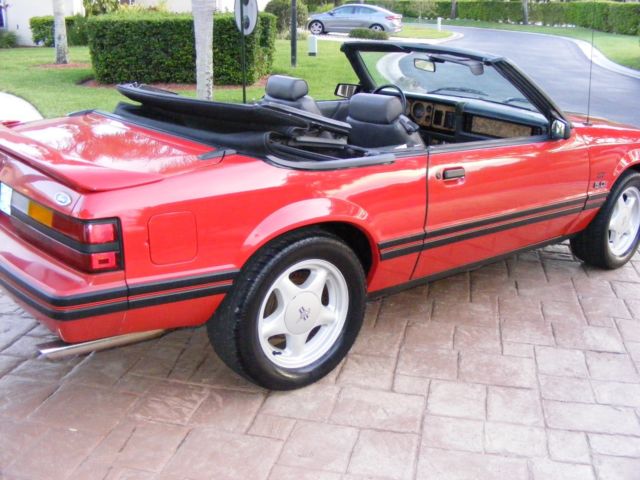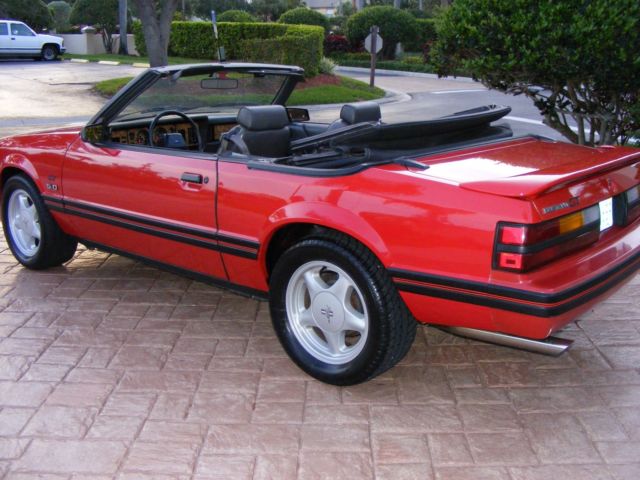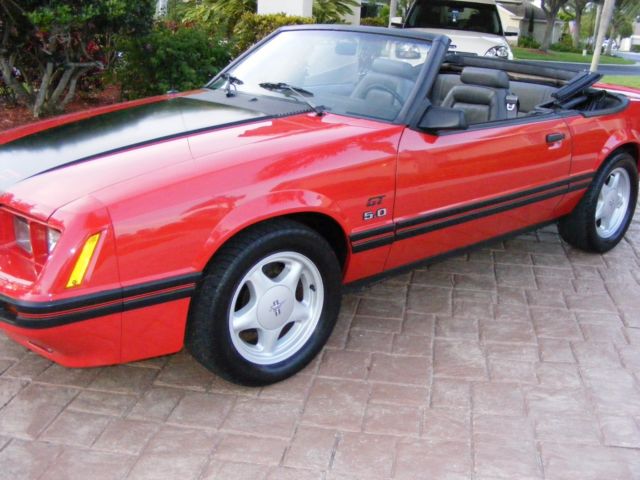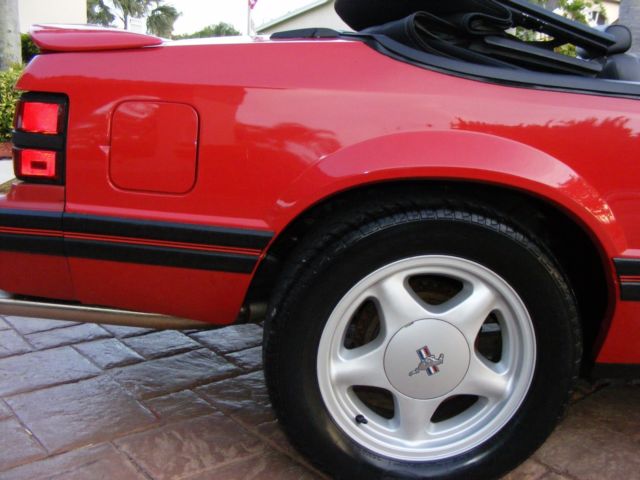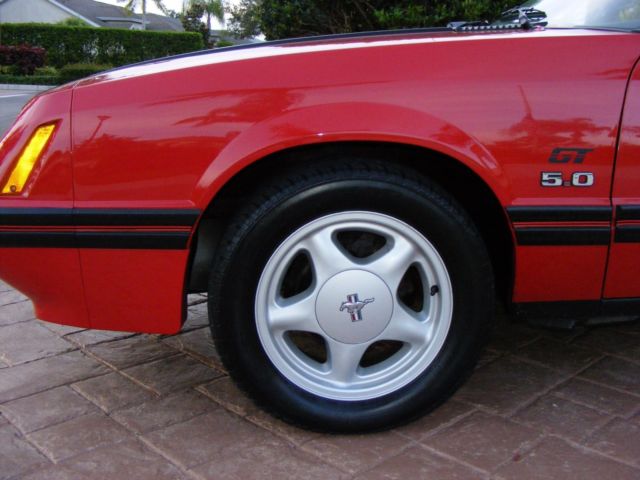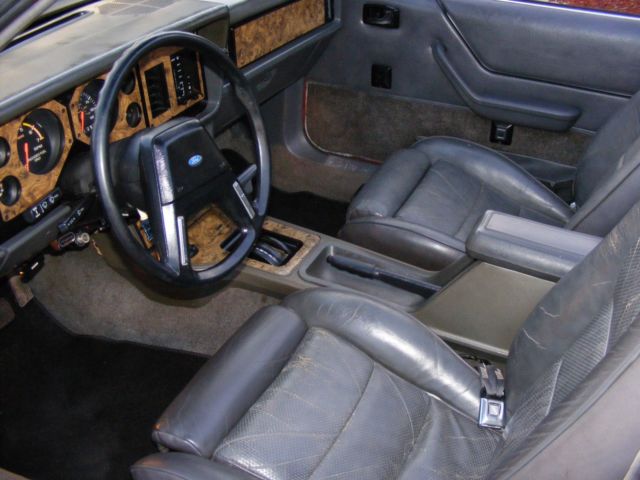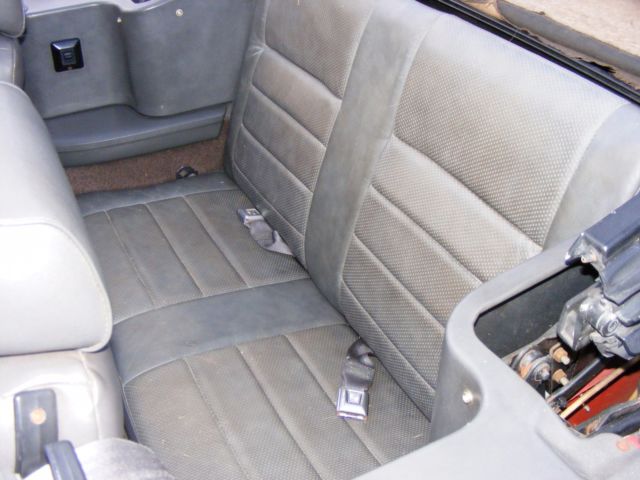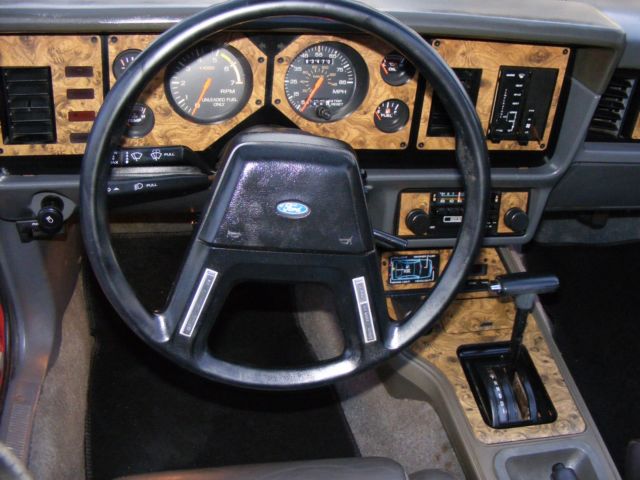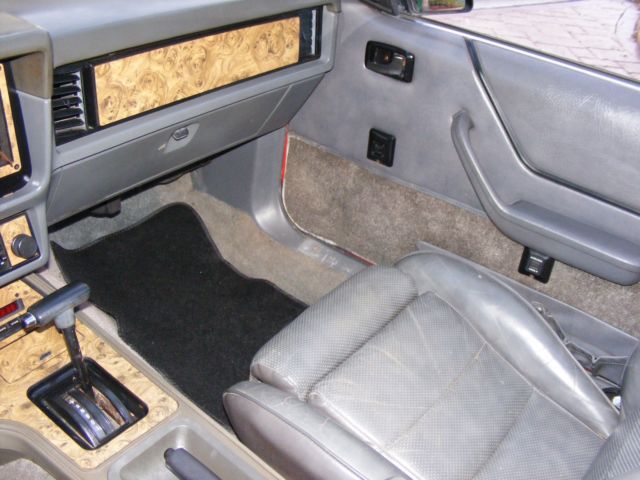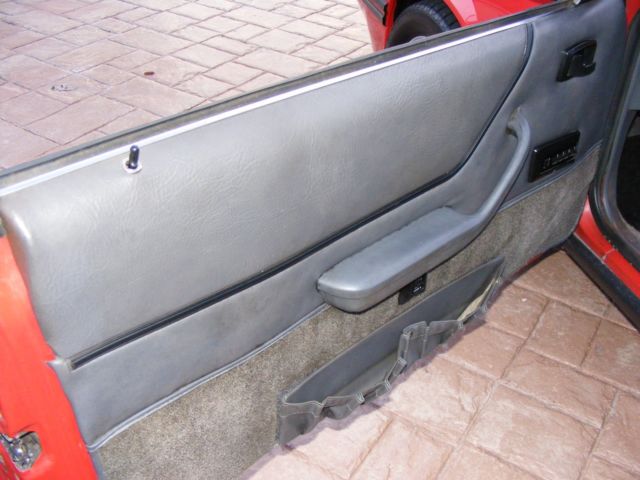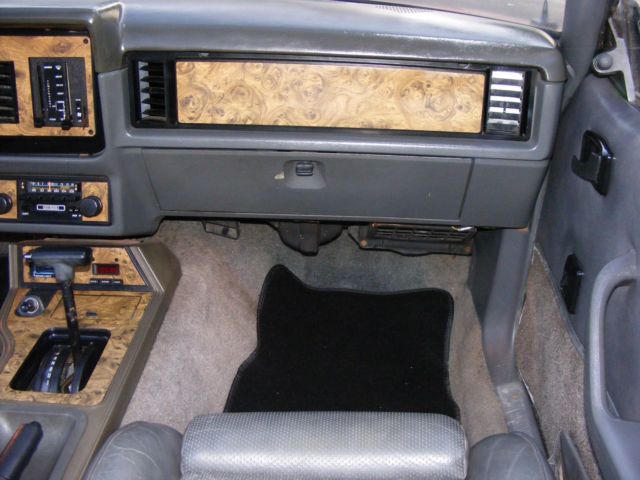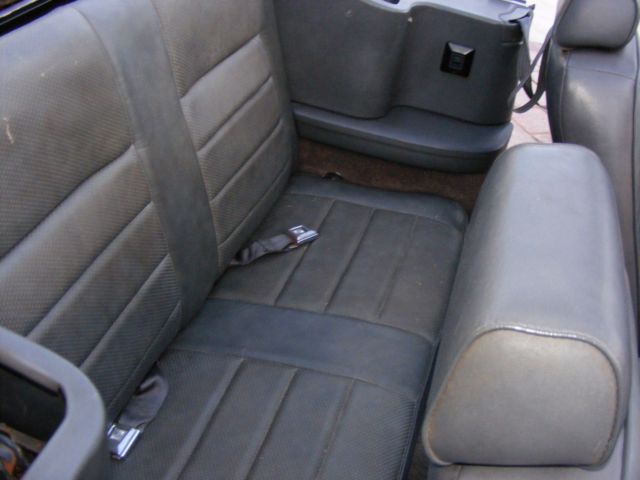1984 Ford Mustang GT 5.0 Fox Body Convertible
- Make: Ford
- Model: Mustang
- Type: Convertible
- Trim: GT 5.0 Fox Body
- Year: 1984
- Mileage: 83,477
- VIN: 1FABP27M0EF205126
- Color: Red
- Engine size: 5.0 V8
- Number of cylinders: 8
- Power options: Air Conditioning, Cruise Control, Power Locks, Power Windows, Power Seats
- Fuel: Gasoline
- Transmission: Automatic
- Drive type: RWD
- Interior color: Black
- Safety options: Anti-Lock Brakes
- Options: Cassette Player, Convertible, Leather Seats
- Vehicle Title: Clear
- Interested?
1984 Ford Mustang GT 5.0 Fox Body Description
While most of the Mustang was carried over in late 1982 for 1983, there were some changes and improvements on the then five-year-old "Fox-platform" model. The front end was restyled with a more rounded nose and a V-shaped grille which resulted in the headlamp openings being revised to follow the grille shape. New wider horizontal taillights with dedicated amber turn signals replaced the vertical sectioned units similarly styled to the Ford Fairmont. Ford added aconvertibleto the Mustang line for 1983 in response to the 1982 Chrysler convertibles, this after a nine-year absence. The majority of the convertibles were equipped with the new 3.8L V6 in GLX form, though 993 GT models were also produced. The Mustang GT received a four-barrel carburetor and a new intake manifold, bringing power to 175hp (130kW). The turbocharged 2.3L four-cylinder also returned, now fuel-injected, and producing 145hp (108kW). Turbo GT sales were hurt a higher base price than the 5.0, the lower performance, and the lack of available air conditioning with that powertrain. The 3.8LEssexV6 replaced the 3.3LI6, as the 3.3L engine had little demand and was dropped after 1982.
For 1984, the GL and GLX were dropped, leaving L, LX, GT, Turbo GT, and a new addition, theSVO. Ford also recognized the 20th Anniversary of the Mustang with the G.T.350, which consisted of a limited run of 5,260 hatchback and convertible models all trimmed in Oxford White exteriors and Canyon Red interiors. They featured red G.T.350 rocker stripes and tri-bar Pony emblems on the front fenders. They could be equipped with either the 2.3 Turbo or 302cuin (4.9L) V8. Two 302 V8s were available, the four-barrel, or a new 165hp (123kW) electronic-fuel-injected engine. A new "Quadra Shock" rear suspension, which replaced the slapper bars with horizontally mounted axle shocks, became available after a few months of production. After 1984, the TRX option was retired for the Mustang.
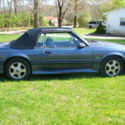 1983 FORD MUSTANG 5.0 CONVERTIBLE GLX 5 SPEED 1982 1984 1985 1986 FOX BODY
1983 FORD MUSTANG 5.0 CONVERTIBLE GLX 5 SPEED 1982 1984 1985 1986 FOX BODY
Mileage: 142,194
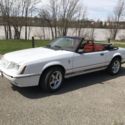 1984 / 1984.5 20th Anniversary Ford Mustang GT-350 V8 Convertible 1 of 305 Made
1984 / 1984.5 20th Anniversary Ford Mustang GT-350 V8 Convertible 1 of 305 Made
Mileage: 96,808
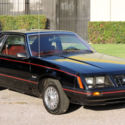 California Original,1984 Ford Mustang 5.0,89k Orig Miles,100% Rust Free,Fox Body
California Original,1984 Ford Mustang 5.0,89k Orig Miles,100% Rust Free,Fox Body
Mileage: 89,889
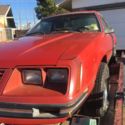 1984 Mustang Lx Fox Body Muscle Car
1984 Mustang Lx Fox Body Muscle Car
Mileage: 118,000
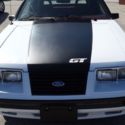 1984 Ford Mustang 5.0 Convertible.
1984 Ford Mustang 5.0 Convertible.
Mileage: 80,508
 1984 Ford Mustang GT convertible
1984 Ford Mustang GT convertible
Mileage: 99,999
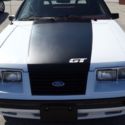 1984 Ford Mustang GT 5.0 Convertible.
1984 Ford Mustang GT 5.0 Convertible.
Mileage: 80,508
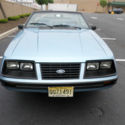 1984 Ford Mustang LX Convertible
1984 Ford Mustang LX Convertible
Mileage: 158,000
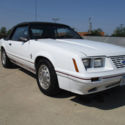 1984 Ford Mustang Convertible
1984 Ford Mustang Convertible
Mileage: 92,000
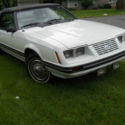 1984 Ford Mustang LX Convertible 2-Door 3.8L
1984 Ford Mustang LX Convertible 2-Door 3.8L
Mileage: 18,608

